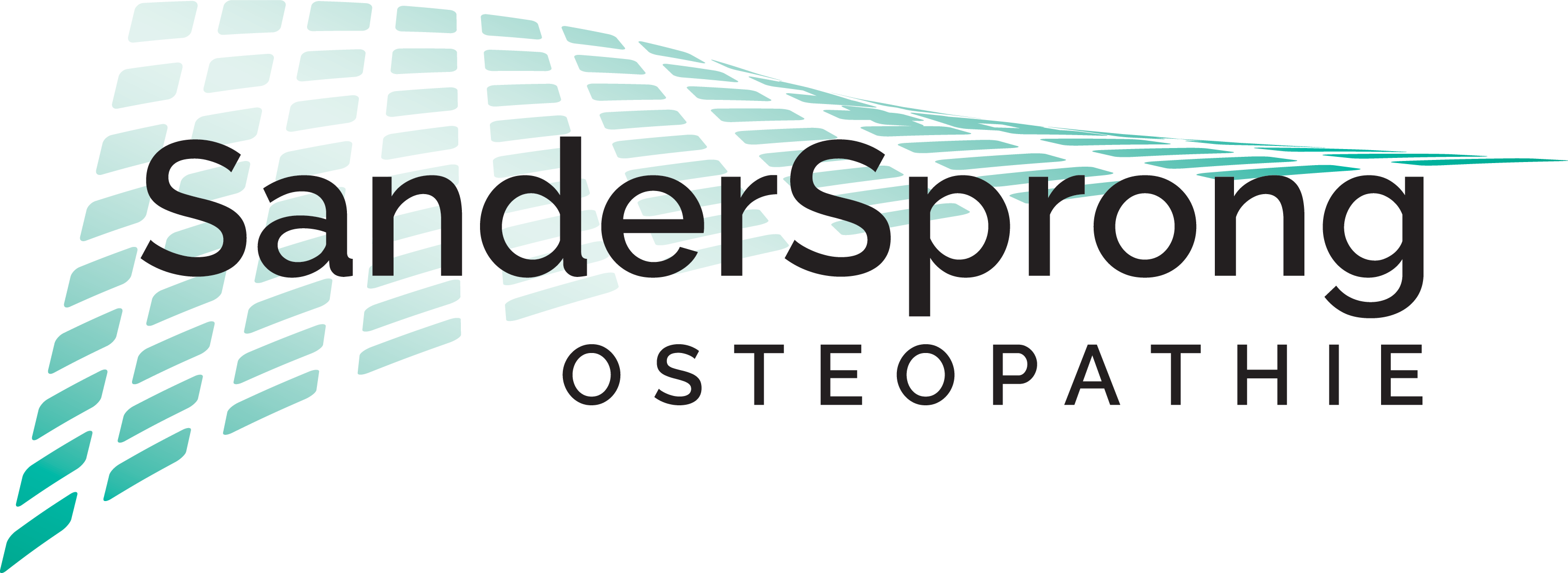Reflux is a common problem in adults. It is known as the returning of stomach contents into the esophagus, often accompanied by heartburn or an acidic taste in the mouth. Sometimes reflux is temporary and harmless, but it can also become chronic and have a major impact on your daily life. You may notice that you suffer more often after eating, when bending over or at night in bed. Osteopathy can in many cases help to better understand and treat the cause of reflux.
What exactly is reflux?
With reflux, the passage between your esophagus and stomach (the lower esophageal sphincter) does not close properly. As a result, stomach acid can flow back and cause symptoms such as burning behind the sternum, belching, a lumpy feeling in the throat or even hoarseness and coughing. Factors such as diet, stress, tension in the diaphragm or decreased mobility of organs and surrounding structures can play a role.
What problems can you experience?
Reflux is not always limited to heartburn. Many people also experience additional symptoms such as bloating, swallowing problems, sore throat, hoarseness or chronic coughing. For some, reflux even leads to sleep problems as symptoms worsen at night. All of this can take a lot of energy and contribute to daytime fatigue. As an osteopath, I also look at these broader symptoms, so that treatment is not just focused on the esophagus, but on the totality of factors affecting your well-being.
How can osteopathy support?
An osteopath looks at the whole of your body. Reflux is often seen as a purely gastrointestinal problem, but there are multiple systems at play:
- The diaphragm: tension or limited mobility of the diaphragm can increase pressure on the stomach.
- The stomach and esophagus: reduced mobility or scar tissue can affect the function of the esophago-gastric passage.
- The spine and ribs: blockages or increased muscle tension in the back and chest can interfere with nerve supply and mobility around the esophagus.
- Stress and tension: stress can directly affect stomach acid production and tension in your diaphragm through the nervous system.
During a treatment, the osteopath examines these different structures. Gentle, manual techniques are used to work on relaxation and restoration of mobility. The goal is for your body to regain balance so that the pressure on the esophagus decreases and the symptoms of reflux subside.
Difference from regular treatment
Regular treatments often focus on suppressing heartburn with medication. This can provide relief, but does not always address the cause. Osteopathy works complementary and looks for the underlying factors contributing to reflux. By restoring the balance in your body, there can often be lasting improvement. Sometimes you notice a difference after just a few treatments, in other cases more time is needed.
What can you do yourself?
In addition to osteopathic treatment, there are lifestyle recommendations that can help with reflux:
- Eat slowly and spread meals throughout the day.
- Avoid excessive coffee, alcohol, spicy or fatty foods if you notice these are causing symptoms.
- Maintain a healthy weight and adequate exercise.
- Pay attention to your posture, especially when working at a desk or sitting a lot.
- Relaxation techniques can help reduce tension in your diaphragm.
Osteopathy for reflux in Amsterdam
Do you regularly suffer from reflux and want to see what osteopathy can do for you? In my practice in Amsterdam West I assess the possible causes of your complaints and draw up a personal treatment plan. The goal is not only to relieve your symptoms, but also to improve the function and balance of your body.
Would you like to experience what osteopathy can do for you and your reflux? Please feel free to contact me or look directly in the online agenda for an appointment in my practice in Amsterdam West. Together we will look at the cause of your symptoms and how we can reduce them.


